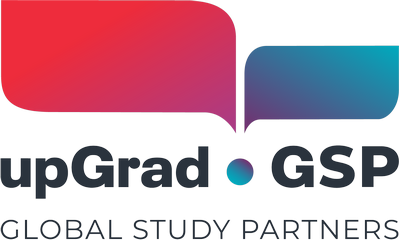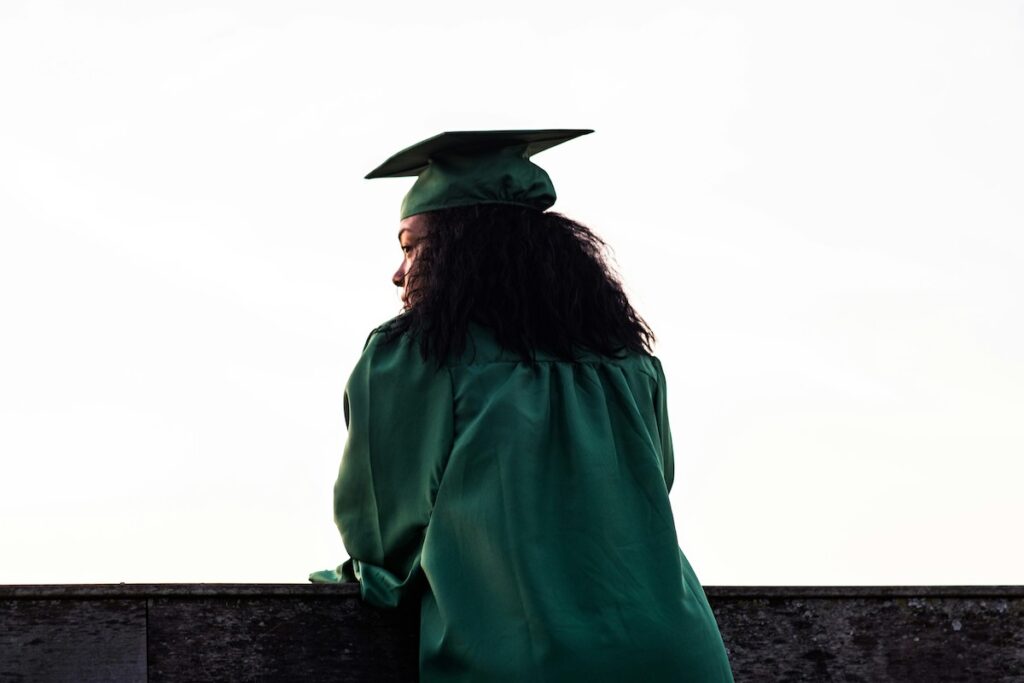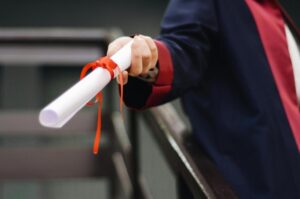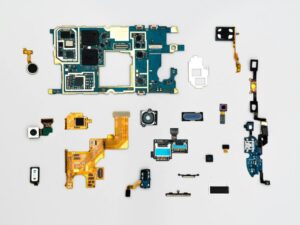Applying for a student visa may be one of the most rigorous parts of being an international student in the USA. But as long as applicants follow the right processes and comply with the needed requirements, obtaining this study permission can be easy. In this guide, we’ll walk you through recent US student visa acceptance rate news. Plus, we give tips on how you can better guide students to improve their chances of approval.
Acceptance rates of student visas in the US
Recent data has shown a drop in student visa acceptance rates. Despite this, many eligible students continue to find opportunities to pursue their education in the country, maximising their top-notch educational system. Notably, Indian students benefited in the last few years with an over 43% increase in student visas issued from 2021 to 2022. The US government granted F-1 visa status to over 115,000 students from India.
What affects student visa acceptance rates?
Several factors affect student visa acceptance rates in the US. Here’s a list of the things that applicants should keep in mind.
Intention
Student visa applicants must demonstrate a genuine intent to pursue education in the US—and then return to their home country after their studies. This ensures that the student visa is used for its actual purpose, and not solely as a gateway to stay in the US.
Financial ability
Students applying for a student visa must prove that they’re financially capable of sustaining their education in the country. That means showing that they have sufficient funds to cover tuition fees and living expenses. The amount should typically cover at least one year’s costs.
English proficiency
Since the US academic system, particularly the higher-level education sector, is primarily taught in the English language, student visa applicants must provide proof of their proficiency. Most applicants must pass a standardised language proficiency test like IELTS or TOEFL. An exception applies if they’re from an English-speaking country like Australia or the UK
Academic eligibility
Student visa applicants should enrol in an academic program that qualifies them for a student visa. An eligible institution must accept them under a recognised course based on relevant GPA requirements. For this, students must do proper research. For instance, if they’re considering a school like Trine University, they may want to look up queries like “Trine University visa acceptance rate” or “Is Trine University a good school for international students?”
Why do student visa applications get rejected?
There are several reasons why a student’s visa application may be rejected. Understanding these may help students avoid common pitfalls when applying.
Insufficient financial support
International student visa applications can be rejected because of a failure to prove adequate financial capacity. The US government considers applicants who are unable to show that they can sustain their tuition and living expenses while studying in the US as a risk. This is because they’re more likely to engage in activities that aren’t allowed under the provisions of a student visa.
Inadequate ties to home country
Countries that host international students want to make sure that student visa applicants intend to return to their home country after their studies. If the applicant is unable to show their intention to return home, then their student visa application may be rejected. They can exhibit this either through strong ties or obligations (e.g. family, job offers, property ownership, investments, etc.)
Incorrect or incomplete application
Applications with mistakes or omissions may be rejected. Thus, applicants must review their forms thoroughly and provide all the requirements and supporting documents.
Poor visa interview performance
A student visa application comes with an interview with a consul officer. If an applicant can’t clearly explain why they’re studying in the US or articulate their plans after completing their education in the country, their student visa application may be rejected. For instance, if a student can’t properly illustrate how their chosen program fits their career plans (e.g. they hope to work for a tech company but are taking a program in Nursing), then they may be refused a student visa. Dishonesty or uncertainty during the interview may also be grounds for rejection.
Security risks
Applicants with a history of criminal activity, who may be perceived as a security risk or are engaging in illegal actions or are considered illegal entrants may be denied a student visa.
How to improve chances of a student visa approval in the US
Being knowledgeable about and thoroughly prepared for the student visa application process can improve one’s chances of getting approved. To help applicants heighten their prospects, here are some tips to follow.
Apply early
Beginning one’s application early gives students enough time to tick off all the boxes in their application, from completing required forms to gathering necessary documents. Plus, it gives them the advantage of being able to pivot should there be any unexpected changes in the process.
Research
It helps to look into the student visa application process, particularly how the steps go and what best to do to ace each one. It’s also good to read testimonials from other students. One can learn a lot from the experiences of others, including what to do (and what not to do!).
Practice for the interview
The interview is one of the most crucial parts of the student visa application; its importance can’t be overstated. So students should practice their interviews. Look for a list of common questions online, anticipating each one and preparing answers that can adequately address them. It’s important not to memorise answers though, or else the conversation might seem too canned.
Be genuine
As mentioned, intention is one of the biggest factors affecting the turnout of a student visa application. Students must be genuine in their purpose to obtain an education in the US, and they should be able to back-up their plans with concrete evidence.
Seek guidance
Finding help from consultants like upGrad GSP and its recruitment partners can help students improve their chances of getting an approved US student visa. We can give you guidance that’s based on industry knowledge and experience to help best prepare you for the process.
Get US student visa help from upGrad GSP
Getting a US student visa is easier with help from experienced professionals who know the ins and outs of the process. upGrad GSP can help you provide tips to international students looking to the US for their education. Contact our business development experts to know more!




